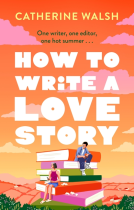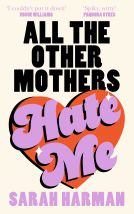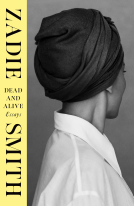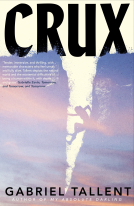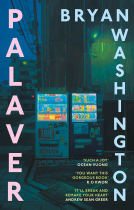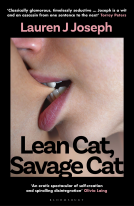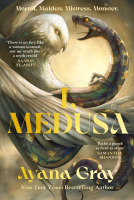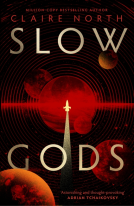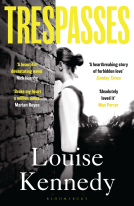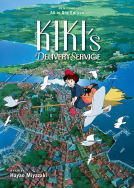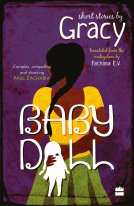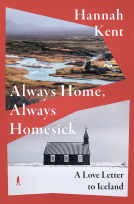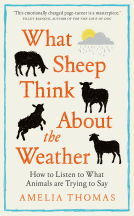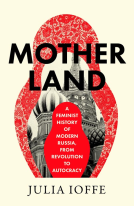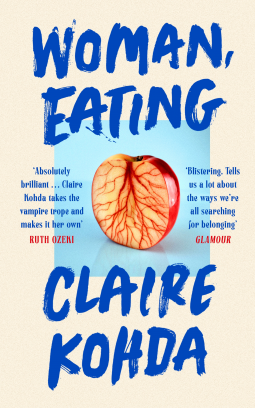
Woman, Eating
'Absolutely brilliant - Kohda takes the vampire trope and makes it her own' Ruth Ozeki
by Claire Kohda
This title was previously available on NetGalley and is now archived.
Send NetGalley books directly to your Kindle or Kindle app
1
To read on a Kindle or Kindle app, please add kindle@netgalley.com as an approved email address to receive files in your Amazon account. Click here for step-by-step instructions.
2
Also find your Kindle email address within your Amazon account, and enter it here.
Pub Date 24 Mar 2022 | Archive Date 23 Jun 2022
Talking about this book? Use #WomanEating #NetGalley. More hashtag tips!
Description
'Absolutely brilliant - tragic, funny, eccentric . . . Claire Kohda takes the vampire trope and makes it her own' RUTH OZEKI
Lydia is hungry.
She's always wanted to try sashimi, ramen, onigiri with sour plum stuffed inside - the food her Japanese father liked to eat. And then there is bubble tea and the vegetables grown by the other young artists at the London studio space she is secretly squatting in. But Lydia can't eat any of this. The only thing she can digest is blood, and it turns out that sourcing fresh pigs' blood in London - where she is living away from her vampire mother for the first time - is much more difficult than she'd anticipated.
Then there are the humans: the people at the gallery she interns at, the strange men who follow her after dark, and Ben, a goofy-grinned artist she is developing feelings for. Lydia knows that they are her natural prey, but she can't bring herself to feed on them.
If Lydia is to find a way to exist in the world, she must reconcile the conflicts within her - between her demon and human sides, her mixed ethnic heritage, and her relationship with food, and, in turn, humans.
Before any of this, however, she must eat.
'Witty and thought-provoking' Stylist
'Blistering' Glamour
'A modern day vampire thriller' BBC
'Unusual, original and strikingly contemporary' Guardian
'Deliciously fresh' Waterstones
'A wholly 21st century take on bloodsucking' Observer
'Fascinating' BookRiot
'Pumps fresh blood into the horror genre' The Times
A BOOK OF 2022 IN HARPER'S BAZAAR, DAILY MAIL, GLAMOUR, BBC, HUFFPOST, TOR.COM
Available Editions
| EDITION | Other Format |
| ISBN | 9780349015613 |
| PRICE | £14.99 (GBP) |
| PAGES | 256 |
Average rating from 107 members
Readers who liked this book also liked:
Sarah Harman
General Fiction (Adult), Mystery & Thrillers, Women's Fiction
Created by Hayao Miyazaki
Comics & Graphic Novels, Sci Fi & Fantasy
Amelia Thomas
Biographies & Memoirs, Nonfiction (Adult), Outdoors & Nature
